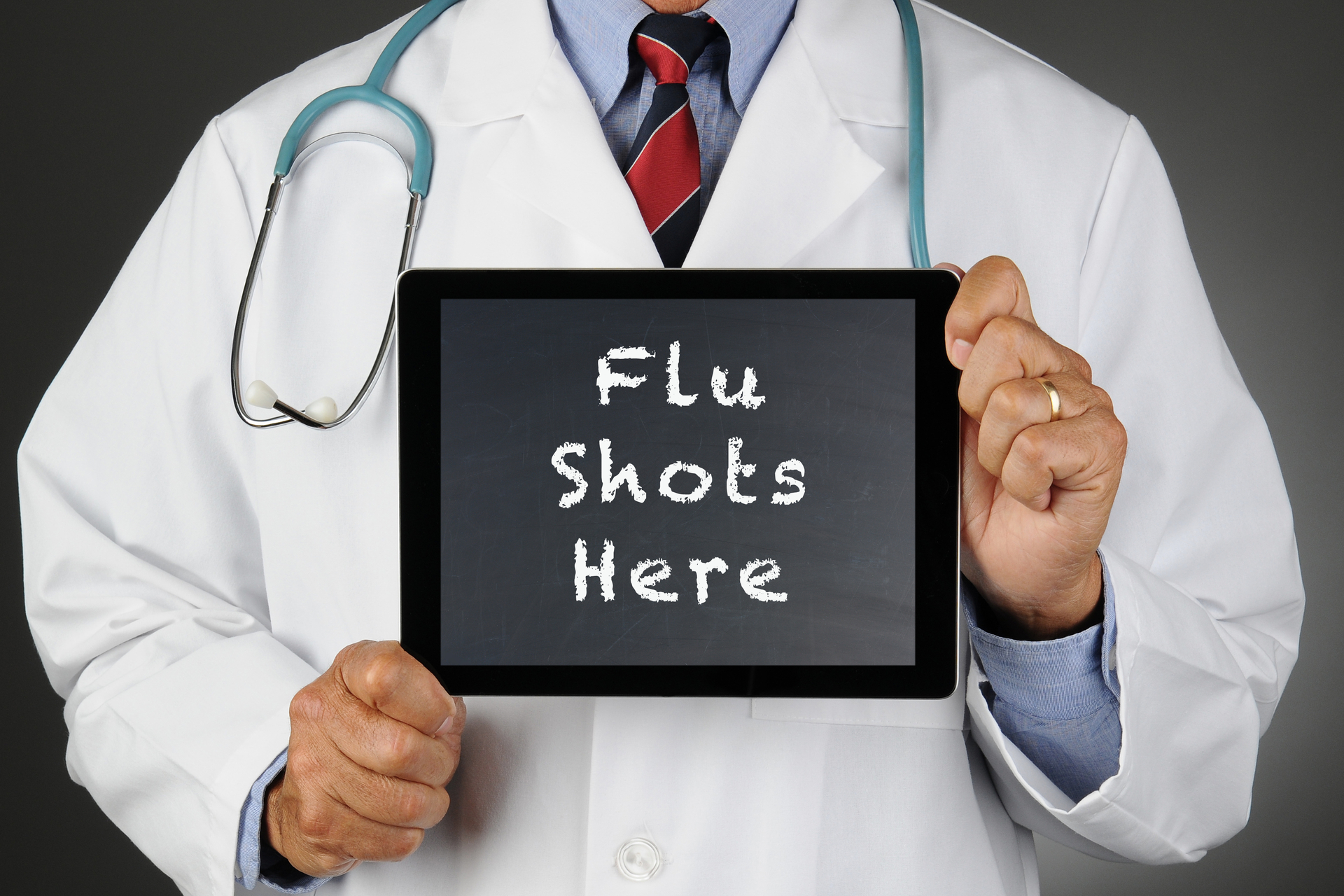Colder weather and increased indoor activities are beginning to revive the spread of coronavirus and have caused a rapid rise in the number of hospitalizations for individuals with COVID-19. As hospitals and their intensive care resources are reaching capacity in many communities, the prevention of influenza is more important now. Getting your flu shot is not just a way to stay healthier this year; it can have a direct impact on the country’s ability to treat people with serious illness due to coronavirus effectively.
In early 2020, the COVID-19 pandemic broke out in parts of Europe and then the US as influenza was also reaching its peak spread. Emergency departments and intensive care units (ICUs) were overwhelmed and, in some areas, makeshift field hospitals had to be set up to handle the load. For the upcoming 2020-21 flu season, the fact is that the fewer individuals who will need hospitalization due to influenza, the better our health care resources – hospitals, ICUs and front-line doctors, nurses and other health professionals – will be able to treat COVID-19 patients. Vaccination for the flu has a high effectiveness in preventing influenza infection or significantly reducing the severity of the illness.
It takes about two weeks after your flu shot for antibodies to build up and fight influenza virus, so it’s recommended that you get your immunization by the end of October. But if you haven’t gotten your flu shot yet, it’s not too late. The flu is not yet widespread, but is expected to peak in January and February of 2021. Immunizations are available at many pharmacies, from your primary care physician, and at community clinics. Health plans that are compliant with the Affordable Care Act (ACA) cover flu shots at no cost from in-network providers and pharmacies.
Talk to your doctor about any concerns you have about vaccination and understand your personal risks. Ask about the specific type or dose of vaccine you should get or about health conditions that may lead to more serious illness if you are infected by the flu. As with the coronavirus, persons with chronic conditions such as asthma, COPD, diabetes, autoimmune disorders, as well as older individuals, may have a greater likelihood of serious complications from the flu. Your physician is your best source of information about the advisability of flu immunization and managing your own health.
Remember that the same public health measures that reduce the spread of coronavirus are the steps that will keep the flu from spreading. Social distancing of at least six feet, avoiding large indoor gatherings, wearing a mask, frequent handwashing and staying home when sick are the essential steps to stopping both influenza and COVID-19. Vaccinations are one additional tool we have for fighting influenza that we don’t yet have for coronavirus. Public health officials state that nearly everyone who is six months of age or older should get a flu shot annually. While there is no evidence that a flu shot will reduce COVID risks or severity, it will help take some pressure off critical health care resources and front-line workers this winter. We encourage you to consider the simple act of a flu shot carefully this year.
https://www.ncbi.nlm.nih.gov/pmc/articles/PMC2646474/
https://www.cdc.gov/flu/prevent/vaccinations.htm
This blog is intended to be a compilation of information and resources pulled from federal, state, and local agencies. This is not intended to be legal advice. For up to the minute information and guidance on COVID-19, please follow the guidelines of the Centers for Disease Control and Prevention (CDC) and your local health organizations.
